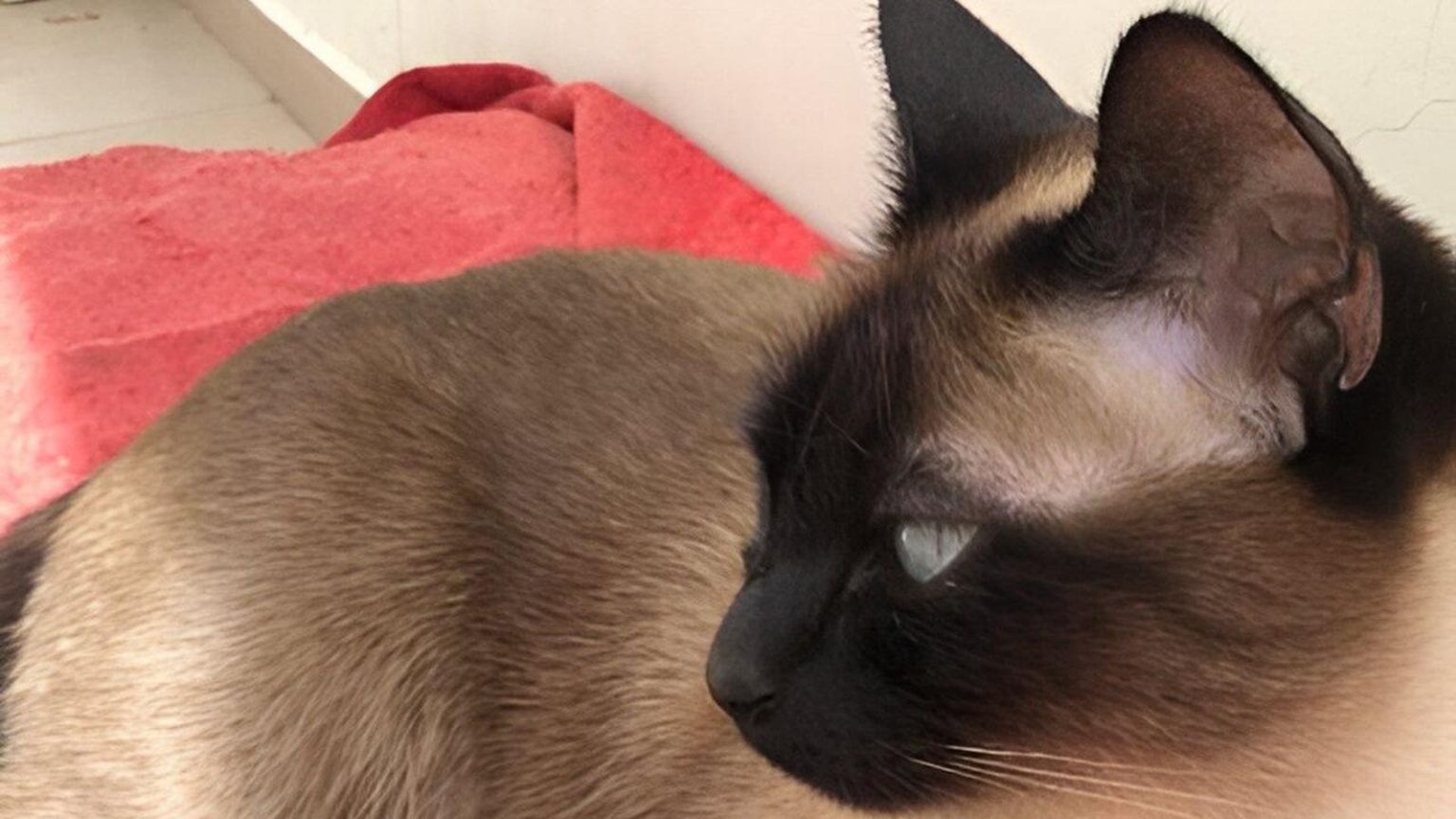In a groundbreaking development, personalized bacteriophage therapy has successfully treated a persistent infection in a pet cat’s leg after a compound fracture. Bacteriophages are viruses that infect and replicate only within bacteria and archaea, and have been used in the past to treat bacterial infections in humans. Due to the rise of antibiotic-resistant bacteria, there is renewed interest in using bacteriophages as a targeted and effective treatment for severe bacterial infections that do not respond to traditional antibiotics.
The cat, named Squeaks, was brought to a veterinary hospital with multiple fractures and soft tissue damage after falling from a third-story window. Despite multiple surgeries and antibiotic treatments, a multidrug-resistant strain of the bacteria Pseudomonas aeruginosa infected the implant in Squeaks’ remaining hind leg, leading to tissue necrosis and the amputation of her left hind leg. The infection persisted for months, posing a grave threat to Squeaks’ life.
In a last-ditch effort to save Squeaks, the veterinary team sought the expertise of microbiologist Ronen Hazan, who specializes in phage therapy. A personalized treatment plan combining a specific phage targeted to kill the bacterial infection and a powerful antibiotic was developed. This combination therapy led to the successful healing of the surgical wound after fourteen weeks of treatment, marking the first successful use of phage therapy in treating a sick animal.
The success of Squeaks’ treatment highlights the potential of personalized phage therapy in veterinary medicine and its application to other pets facing similar bacterial challenges. Additionally, it underscores the urgent need for novel therapeutics like phage therapy to combat the rise of antibiotic-resistant infections in both veterinary and human medicine. The collaboration between veterinary and human medicine in developing and refining phage therapy protocols holds promise for improving treatment outcomes across a range of bacterial infections.
The groundbreaking success of Squeaks’ treatment not only improves her health and well-being but also contributes valuable data that can enhance phage therapy in both animals and humans. By bridging data from veterinary and human medicine, researchers can refine treatment protocols and outcomes for bacterial infections, potentially revolutionizing infection treatment in both fields. The outcome of Squeaks’ treatment provides hope for the broader application of phage therapy and underscores the importance of innovative treatments in addressing antibiotic resistance and improving patient care.


